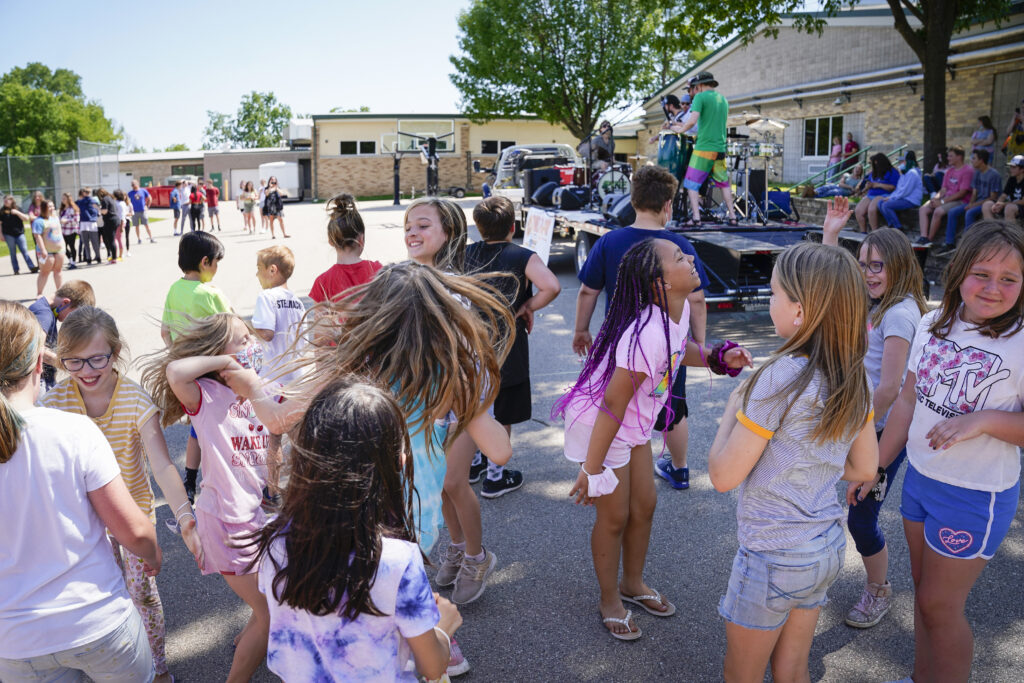Our Committment to Accessibility
Read on for our how our commitment to accessibility shows up in our services and programming.
Looking for resources and tools to make your organization or activity more accessible? Visit our Accessibility Center at the link below.

Connect with Us
We would love to answer your questions and learn how we can meet your needs related to the accessibility of our website, programs, and services. Please fill out this brief form and someone will follow up with you shortly.
Our Commitment to Accessibility
At Arts Midwest, accessibility ties into our values of equity, integrity and learning. We do not discriminate on the basis of disability in access to services or programs or in hiring and employment decisions. We work to meet our colleagues’ access needs and continue to improve the accessibility of our work and program environments. We believe that compliance to the ADA (Americans with Disabilities Act) is important. Further, we believe creating a culture of access and inclusion goes beyond the ADA.
We strive to embody accessibility in our attitudes, approaches, proactive planning, and design. Our staff bring curiosity and humility to this work. We focus on active learning, conversations, and the relevancy of our set and living goals, and want to be in a space of constant learning and adapting.
Read more about our commitment to accessibility and equity in our Equity Action Plan.
Access Services
In planning our programs and events, we ask about accessibility needs and build accommodations into our plans and budgets. We want to create experiences that acknowledge and balance the needs of our communities. We strive to welcome many ways of participation, including:
- Offering hybrid and Zoom events
- Using live automated captioning
- Inviting spoken or written communication
- Assuming a diversity of movement, learning and communication when we gather
We can provide upon request, with advance notice:
- Alternative formats for applying to grants, including filling out an adapted forms in Microsoft Word, taking verbal responses, and providing materials in Braille, Large Print, or other formats
- Auxiliary aids
- Human generated live captioning
- Translation services for non-English speakers
- American Sign Language interpretation
- Written materials in advance
- Assisted listening devices
- Other services necessary for everyone to be able to participate
Have Questions About Accessibility?
We would love to answer your questions and learn how we can meet your needs related to the accessibility of our website, programs, and services. Please fill out this brief form and someone will follow up with you shortly.
Contact Us